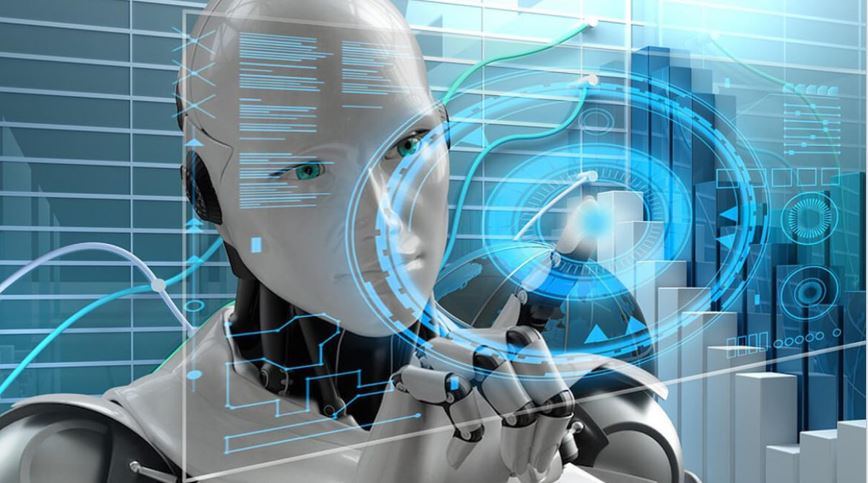Artificial intelligence is revolutionizing training in companies, customizing courses, identifying skills gaps and providing a more efficient and engaging learning experience.

According to the “Panorama of Training in Brazil” study, carried out by the Brazilian Association of Training and Development (ABTD) in partnership with Integração Escola de Negócios, the average investment in training and development (T&D) of employees in Brazil increased by 34% in 2022 , returning to pre-pandemic values. Another study, this time carried out by Alura for Business in partnership with FIAP, only 16.5% of the companies have advanced digital maturity, the vast majority are those that allocate more than R$ 32 thousand per employee annually.
Who will be a great help for the expansion of the T&D area in the coming years within companies is the much talked about Artificial Intelligence (AI), which will act as a complementary tool, supporting professionals in this area. Below I share some ways to use AI in this context:
- Training customization: AI can help customize training to individual employee needs. Based on collected data about skills, knowledge and preferences, AI systems can recommend specific courses and training materials for each person, ensuring more effective learning.
- Skill gap analysis: AI can identify skills gaps within the organization by analyzing data on employee performance and comparing it to the skills needed for their jobs. This analysis can help identify areas where additional training is needed and assist in developing individualized development plans.
- adaptive learning: With the use of AI, training systems can adapt to employees' skills and knowledge as they advance. AI can adjust the pace and difficulty level of training based on individual performance, ensuring a more efficient and engaging learning experience.
- Training chatbots: AI-powered chatbots can provide support and guidance to employees during training. They can answer questions, provide immediate feedback, and offer additional explanations, helping employees gain a better understanding of content and overcome challenges during training.
This is the case of Luri, AI created by alura to solve doubts and correct exercises of students who take courses on its platform. That is, a tutor available 7 days a week and 24 hours a day. Developed with the OpenAI API, the same company that created ChatGPT, and trained with Alura's own materials, Luri was designed to help with topics related to classes.
- Training Gamification: AI can be used to incorporate gamification elements into training, making it more engaging and motivating. Through AI techniques such as machine learning and predictive analytics, it is possible to create systems that offer rewards, challenges and personalized feedback, encouraging employees to become more involved in the learning process.
- Automated assessment: AI can automate the training assessment process, making it more efficient and objective. AI systems can analyze responses to questionnaires, conduct performance reviews, and even assess practical skills, such as through virtual simulations. This saves time and resources, as well as providing more accurate and unbiased results.













